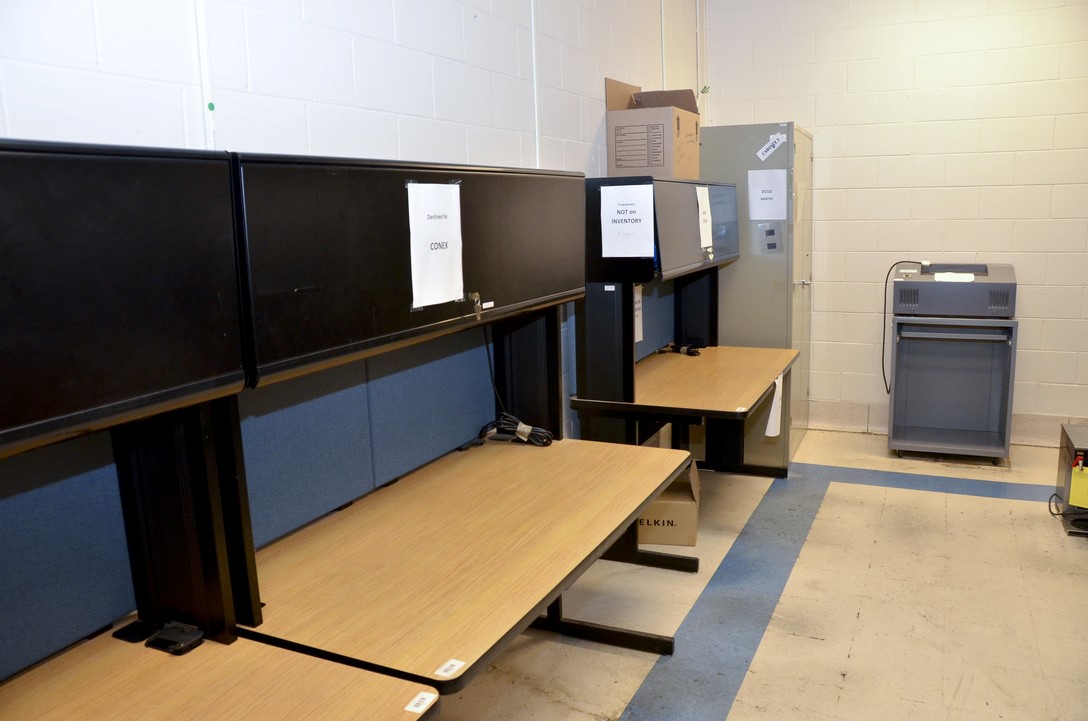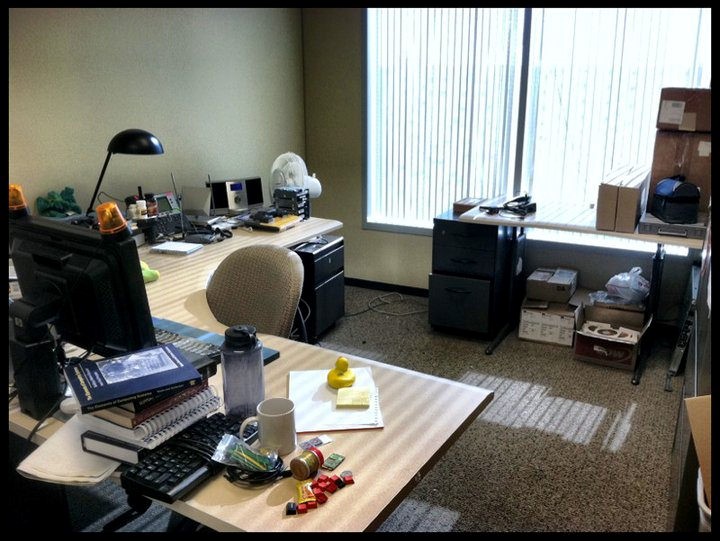
How to prevent the spread of germs in the office
It’s an age-old dilemma that anyone who works in an office will have experienced: the dreaded flu-like symptoms that make their way slowly around the employees when the colder months come around. It starts with Sue in Finance getting the sniffles and your IT guy coughing uncontrollably, and before you know it, half of the workforce is out of action. Here is a list of some important steps you can take to avoid spreading the illness around your office this winter.
1. Encourage employees to wrap up warm
Make use of the heating if your office has it during the colder months, and encourage your employees to wear extra layers if required. After all, the best way to stop the spread of germs is to prevent illness from taking hold in the first place where possible.
2, Promote personal hygiene
Your employees are probably old enough to appreciate the importance of good hygiene, but it is easy to overlook how many germs keyboards and mice can harbour, particularly if your office operates a hot desking policy. In fact, it has been estimated that 10 million types of bacteria live on the average office desk.
With many employees choosing to eat their lunches at their desk in the colder months, hand washing is crucial in preventing the spread of germs. In order to be particularly efficient, you could make use of a washroom service provider Gloucestershire and surrounding areas such as the ones at simplehygienesolutions to really improve hygiene in the office. You could have regular hand sanitiser dispensers in the bathrooms as well as the kitchen area to improve overall hygiene levels.
3, Keep the office clean
As a manager, it’s your responsibility to ensure the cleanliness of the office is maintained. First and foremost, you should encourage employees to keep their desks clean and tidy using wipes and antibacterial spray where possible. Second, you should aim to have regular deep cleans, where you could even consider the use of foggers to eliminate existing germs.
It may seem like it requires a great deal of effort, but when you consider the reduction in the number of sick days required by employees, you’ll be saving yourself a lot of time and money in the long run!


Leave a reply